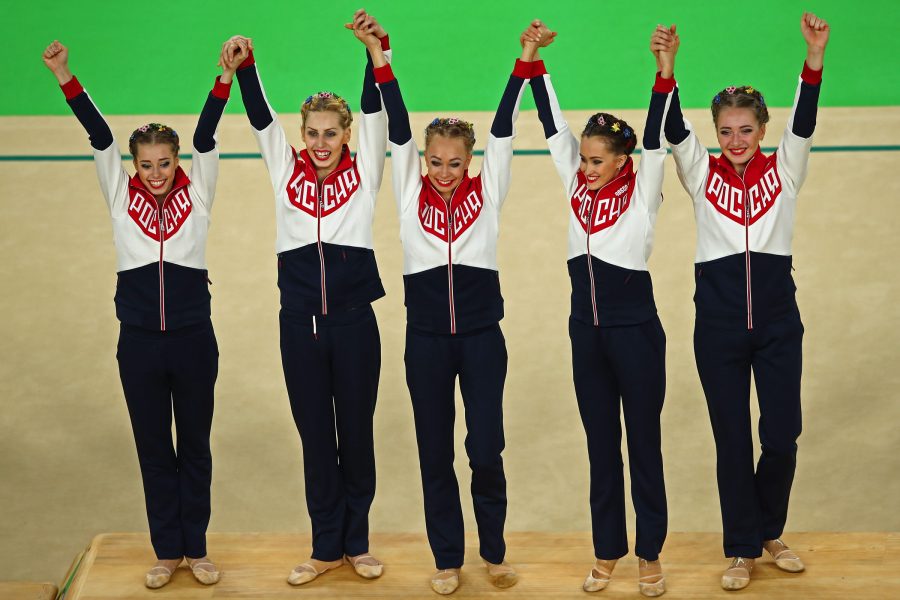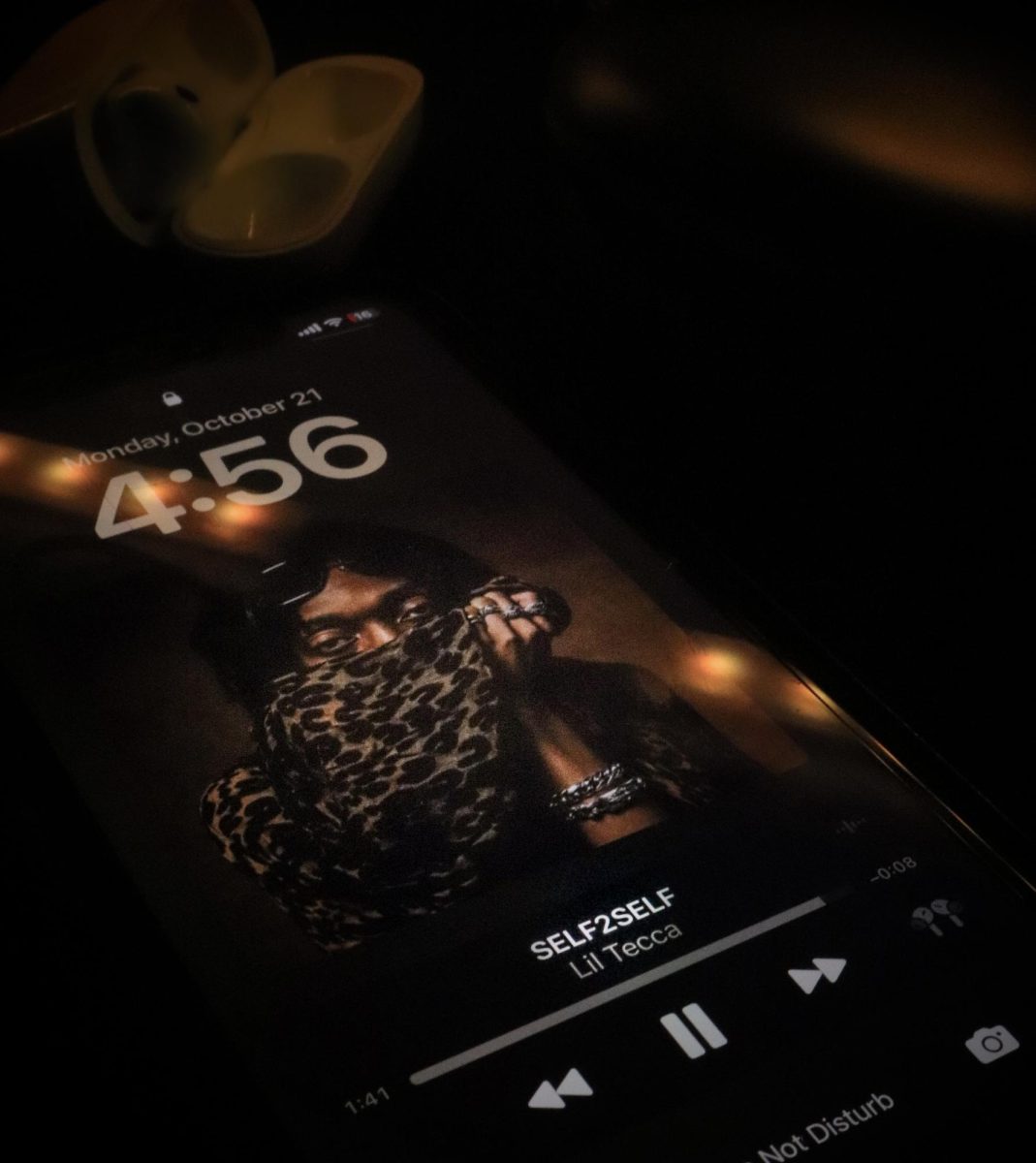The Olympic games is a time where top athletes across the world compete in multiple sports. In more recent sport coverage of the 2016 Rio Olympics, stories of sexism have been popping up where female athletes are the target.
This however, isn’t the first time that sexism has occurred in this setting. In previous years of the games, reports of sexism or harassment have also taken place.
Katinka Hosszú, a competitve swimmer from Hungary, holds two-thirds of Hungary’s national records and is a three-time Olympic champion. She won gold medals in the 400 meter Individual Medley, beating the world record by 2 seconds, a gold in 100 meter backstroke, another in the 200 meter Individual Medley and also setting another world record.
When it came down to applauding her achievements and congratulations, an NBC commentator based the responsibility of her achievement on her husband, who is also her coach.
By suggesting that her husband/coach was the sole person responsible for her most recent and outstanding career successes exempts Hosszú from the credit that she also deserves from all her training and competing.
Another example of sexism during the games happened when Fox News decided to cover Olympic coverage by explaining why female athletes should wear makeup. According to one man, the Olympics are simply for product endorsement.
Bo Deitl, a former NYPD detective, suggested that he would rather see someone win a gold medal and look beautiful by putting make up on to cover any flaws an athlete has. Not only was he calling out female athletes but male athletes also, specifically Michael Phelps.
Judo, one of the more physically demanding sports featured in the games, was described by a BBC commentator as a “catfight”. Kosovo’s first ever Olympic medalist, Majlinda Kelmendi beat Italy’s Odette Giuffrid, marking this a huge win for the war-torn country.
Though by calling it a catfight, the intensity of the sport and demands it requires of either female or male athletes diminishes the sophistication of it and further demonstrates sexism that female athletes endure.















